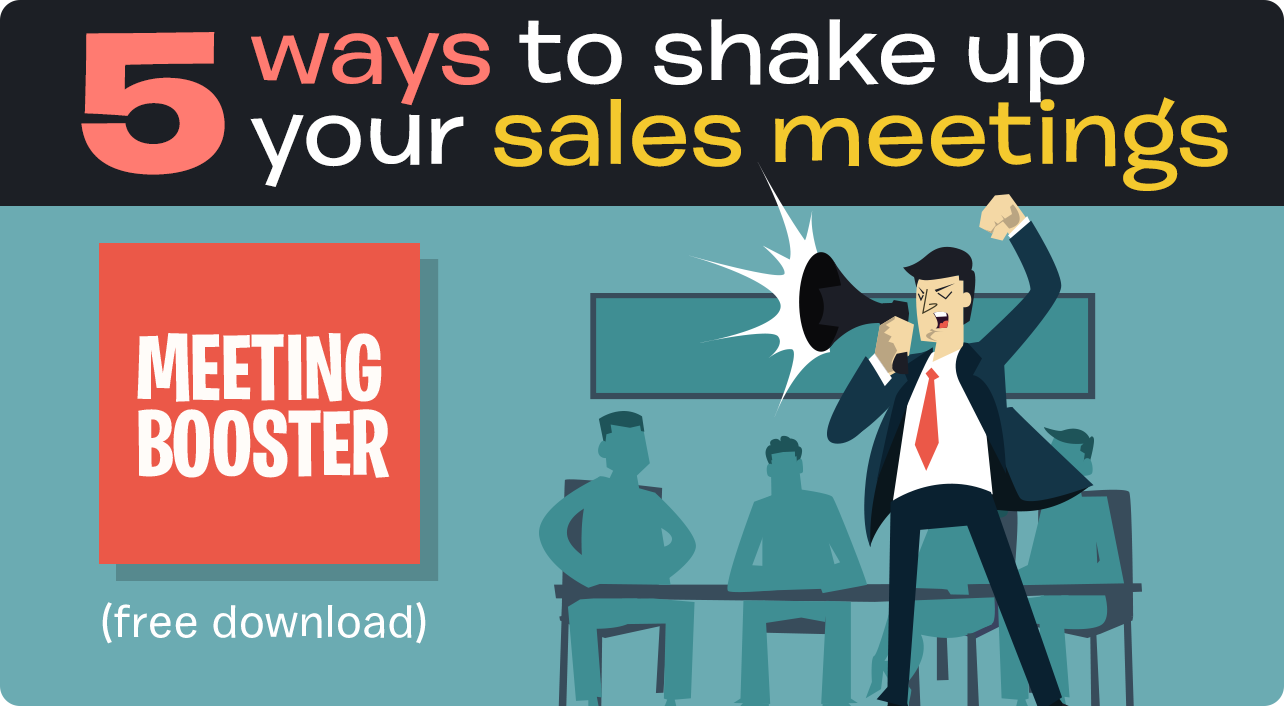- sales
- Blog post
What’s the real objection?
I won’t say that buyers lie. That would be disrespectful.
So let me see if I can put it a different way. We all know that some buyers aren’t as in touch with the truth as we’d like them to be.
You have a prospect. She seems to like what you’re selling. Alas, she says, she can’t buy from you: Your product lacks the latest gee-whiz feature that all your competitors have. Plus her company is cutting budgets, and there’s no way she can spend any money right now. Besides, you’re not on the approved vendor list, so her hands are tied.
This could be a big sale, so you tackle that objection with everything you’ve got. You go back to the office and raise heck with the product development team, insisting that your company is dead in the water – not just with this prospect but with all future prospects — if it can’t fast-track that new feature. You talk to your finance people about creative financing ideas – buy now, pay later, maybe a lease, maybe we just let the customer try it for free until the cash crunch passes. You talk to the customer’s finance people to find out how you get on the approved vendor list.
A month later, you’re back with the prospect and loaded for bear. “Look what I did for you!” you say. The prospect hems and haws, and sort of, well, explains that they’ve since gone with another supplier.
One who didn’t have the gee-whiz feature. And insisted on cash up front. And wasn’t on the approved vendor list.
So what’s the lesson?
It’s that buyers often won’t tell you their real objection. Maybe somebody in the company’s organization blacklisted you. Or the buyer didn’t really understand your value proposition. Or didn’t buy from you for any of a million other reasons, none of which you could possibly guess.
So before you spend a lot of time and effort trying to overcome the buyer’s stated objection, make sure it’s the real objection and the only objection.
Here’s a simple question you can ask to find out:
If we could successfully address that issue, would we have a deal?
As in:
If we had that feature, would we have a deal?
If you had the budget, would we have a deal?
If we were on the approved-vendor list, would we have a deal?
You might think that question is too high-pressure, but the intent isn’t to strong-arm the buyer. The intent is to get to the truth. You can soften it if you like: “The reason I ask isn’t to pressure you into buying right now, but to help me understand your needs.”
Now, it may turn out that the prospect has been kidding herself, too. She thought the reason she wasn’t buying was because you didn’t have the new feature. When you ask the question, she has to ask herself whether that really is the issue after all.
Note, too, that you’re not promising to solve the issue. What you’re trying to do is figure out whether solving the issue will get you the sale. The sooner you establish that, the better for the both of you.

Get a demo of all our training features
Connect with an expert for a one-on-one demonstration of how BTS Total Access can help develop your team.




1 Comment